
psychology nature or nurture nature and nurture controversy blank slate
nature vs nurture nature versus nurture nature vs. nurture debate psychology nature or nurture nature and nurture controversy blank slate |
| Home > Psychology Index > The Nature vs Nurture debate or controversy |
|
How far are human behaviors, ideas, and feelings, INNATE and how far are they all LEARNED? These issues are at the center of the ongoing nature versus nurture debate or controversy. In the 17th century the French philosopher René Descartes set out views which held that we all, as individual Human Beings, possess certain in-born ideas that underpin our approach to the world. The British philosophers Thomas Hobbes and John Locke, on the other hand, emphasised the role of experience as fully contributing to behavioral development. Locke set out the case that the human mind at birth is a complete, but receptive, blank slate ( scraped tablet or tabula rasa ) upon which experience imprints knowledge. Let us then suppose the mind to be, as we say, white paper void of all characters, without any ideas. How comes it to be furnished? Whence comes it by that vast store which the busy and boundless fancy of man has painted on it with an almost endless variety? Whence has it all the materials of reason and knowledge? To this I answer, in one word, from EXPERIENCE.
Whilst Galton was specifically giving consideration to scientific genius, and concluded that it was to largely down to nature and was heritable, since the days of Descates, Hobbes, and Locke, the empirical " nuture " approach has possibly tended to prevail in terms of the wider argument about how people relate to the world - but the debate is far from being settled.
General Human Nature?
|
|
| Ralph Waldo Emerson wrote that:-
"...man is a bundle of relations, a knot of roots, whose flower and fruitage is the world..." |

Ralph Waldo Emerson |
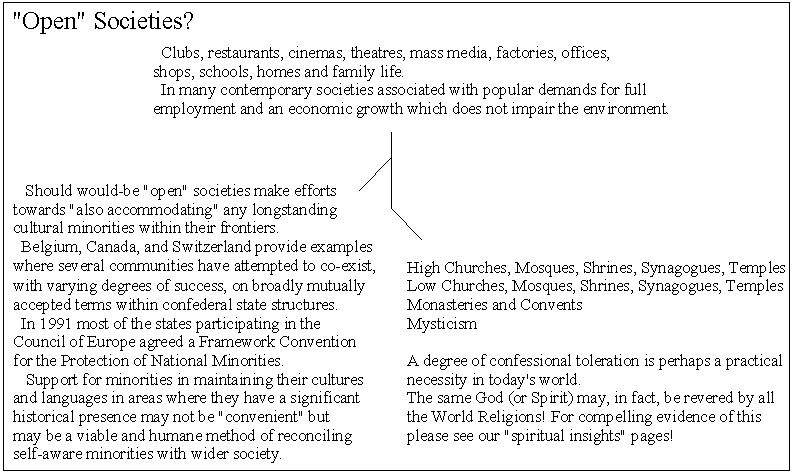
| "Whatever concept one may hold, from a metaphysical point of view, concerning the freedom of the will, certainly its appearances, which are
human actions, like every other natural event, are determined by universal laws. However obscure their causes, history, which is concerned
with narrating these appearances, permits us to hope that if we attend to the play of freedom of the human will in the large, we may be able
to discern a regular movement in it, and that what seems complex and chaotic in the single individual may be seen from the standpoint
of the human race as a whole to be a steady and progressive though slow evolution of its original endowment."
Immanuel Kant Idea for a Universal History from a Cosmopolitan Point of View |
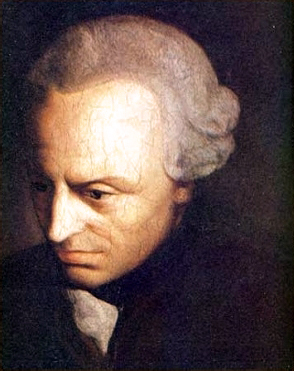
Immanuel Kant |
"In old Rome the public roads beginning at the Forum proceeded north, south, east, west, to the centre of every province of the empire, making each market-town of Persia, Spain, and Britain pervious to the soldiers of the capital: so out of the human heart go, as it were, highways to the heart of every object in nature, to reduce it under the dominion of man. A man is a bundle of relations, a knot of roots, whose flower and fruitage is the world. His faculties refer to natures out of him, and predict the world he is to inhabit, as the fins of the fish foreshow that water exists, or the wings of an eagle in the egg presuppose air. He cannot live without a world."
From Ralph Waldo Emerson's famous Essay ~ History
"There is one mind common to all individual men....
....Of the works of this mind history is the record. Man is explicable by nothing less than all his history. All the facts of history pre-exist as laws. Each law in turn is made by circumstances predominant. The creation of a thousand forests is in one acorn, and Egypt, Greece, Rome, Gaul, Britain, America, lie folded already in the first man. Epoch after epoch, camp, kingdom, empire, republic, democracy, are merely the application of this manifold spirit to the manifold world."
From Ralph Waldo Emerson's famous Essay ~ History
"...The soul looketh steadily forwards, creating a world before her, leaving worlds behind her. She has no dates, nor rites, nor persons, nor specialties, nor men. The soul knows only the soul; the web of events is the flowing robe in which she is clothed. ..."
From Ralph Waldo Emerson's famous Essay ~ The Over-Soul
"History is for human self-knowledge ... the only clue to what man can do is what man has done. The value of history, then, is that it teaches us what man has done and thus what man is." R. G. Collingwood |
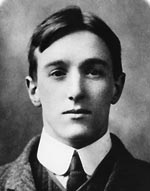
Robin Collingwood |
![]()
"Whoever wishes to foresee the future must consult the past; for human events ever resemble those of preceding times. This arises from the fact that they are produced by men who ever have been, and ever shall be, animated by the same passions, and thus they necessarily have the same results."
Machiavelli
"History cannot give us a program for the future, but it can give us a fuller understanding of ourselves, and of our common humanity, so that we can better face the future."
Robert Penn Warren
Perhaps the most informative amongst our pages about history are a serieswhich consider, in some detail,
The European Revolutions of 1848
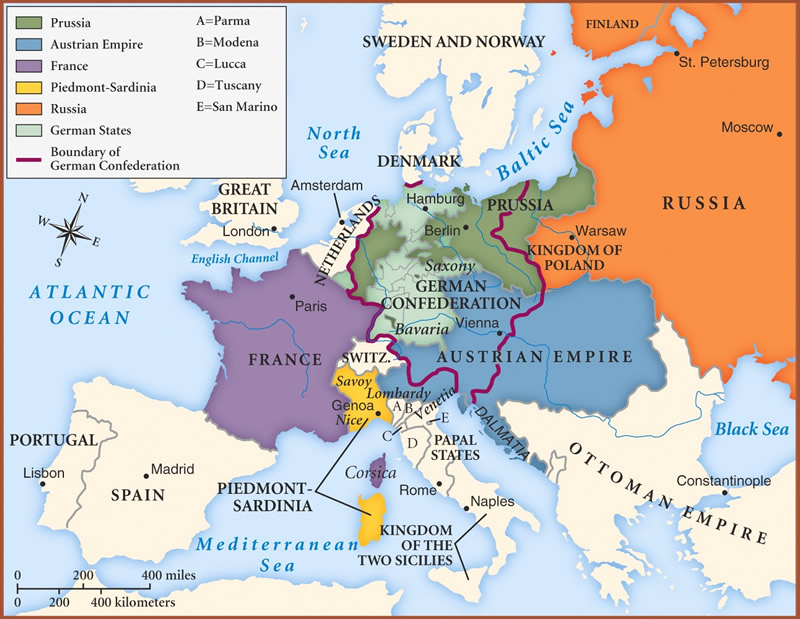
The European political map above, agreed at the Congress of Vienna of 1815, saw some changes,
(principally due to the emergence of Belgium and Greece), before the Revolutions of 1848-1849.
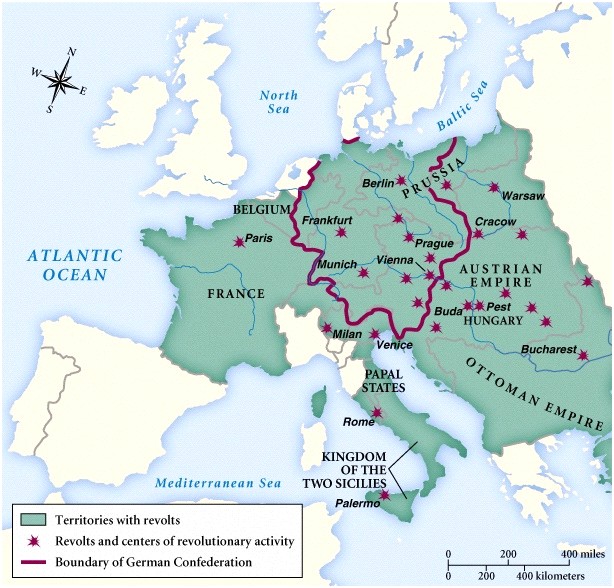 The European Revolutions of 1848
The European Revolutions of 1848
![]()
|
| |
If you will be so open-minded as to give our presentation of the QUITE AWESOME Wisdoms that have been won by the Mystics and Poets a fair hearing we believe that we can firmly establish your own opinion of their collective insights as one of appreciation and respect.
| Poets are masters of us ordinary men, in knowledge of the mind, because they drink at streams which we have not yet made accessible to science. Sigmund Freud |
Start of
The nature vs nurture
debate or controversy
- human psychology